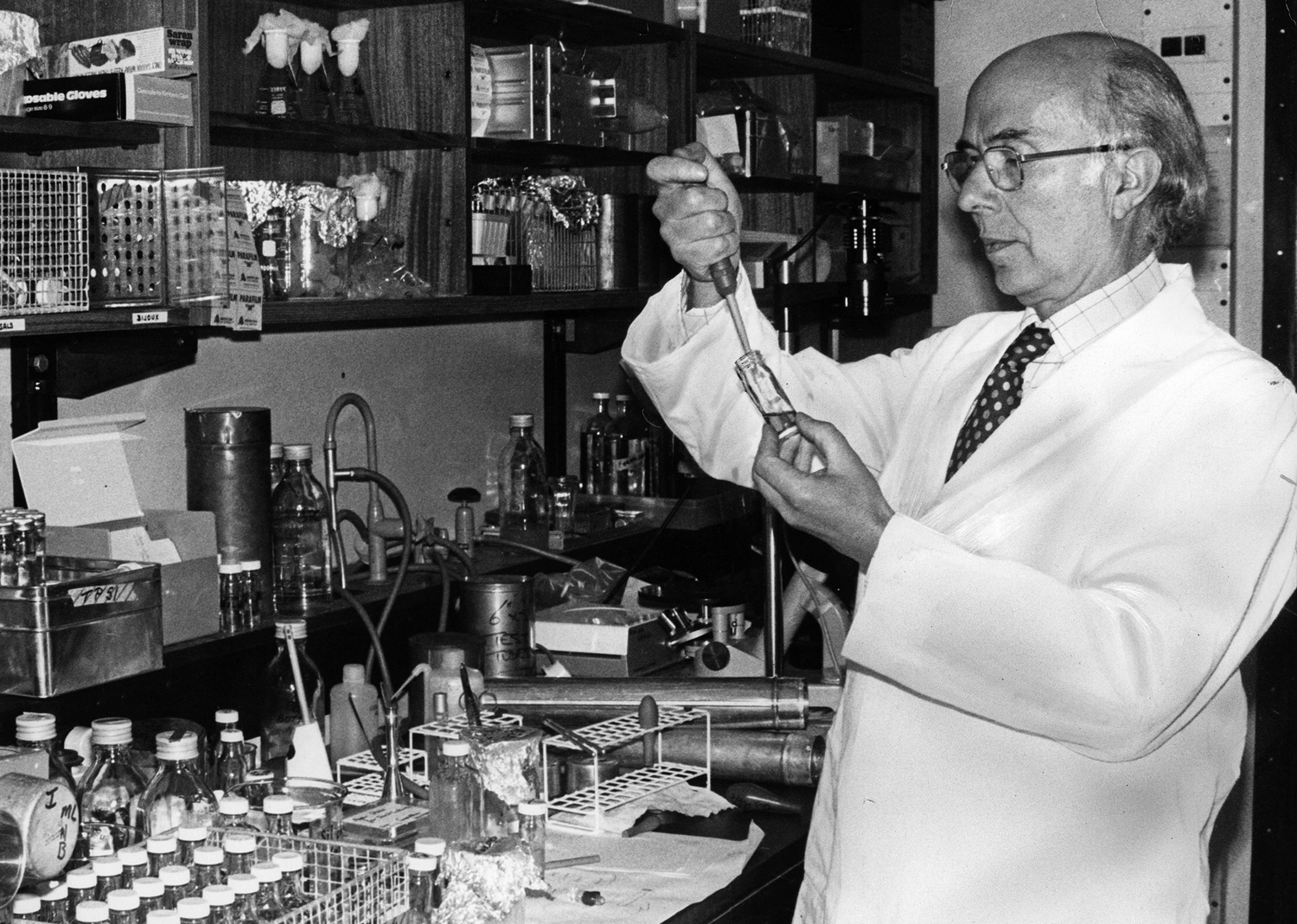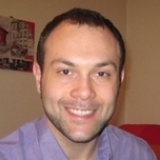
A few more than 100 years after his birth, on February 22 1914, Renato Dulbecco remains in the Italian and international history as the figure of the scientist with a human face, at the service of research against diseases with the enthusiasm of a simple and extraordinarily passionate man.
Born in Catanzaro, the Italian physician and biologist moved with his family to Imperia, Liguria: he was immediately brought to research at an early age, since he had a great passion for science. It was the death of Peppino, a close friend, to make grow in him the desire to study medicine and to deal with particularly severe illnesses.
He enrolled at the Faculty of Medicine of Turin in 1930 and immediately entered at the Institute of Anatomy of an important scientist, Giuseppe Levi. Here he knew Rita Levi Montalcini, the great Italian scholar with whom he will establish a deep personal relationship.
The continuing operations of the Fascist regime forced Giuseppe Levi to leave the chair of the Institute of Anatomy, rather than swear allegiance to the regime. Dulbecco then left Levi’s laboratory and graduated at age 22, with the best thesis of the University.
In 1939, his ambitions in the field of research are abruptly stopped by the outbreak of World War II and the call to arms. He fights on the border with France and became Head of the Health Service of the Fifth Division. However, he is forced to leave for the Russian Campaign on the river Don. He returned to Italy only in 1943.
After having served for a short time among the partisans, Dulbecco agreed to work again for Levi's laboratory and became passionate about the study of radiations on genetic structure. To learn more about the scope, he decided to enroll in the Faculty of Physics in Turin, terminating his studies in just two years. But it was the encounter with Salvador Luria which changed the career of the Italian doctor. Thanks to the Italian American scientist, Dulbecco moved to the United States, to Bloomington, Indiana.
There he found an extraordinary environment and his studies on viruses that infect bacteria granted him to acquire the American citizenship. In 1949 Max Delbruck, the father of modern genetics, offered him a place at Caltech, the California Institute of Technology in Pasadena, which is probably the most important biology laboratory in the world.
After major discoveries about the virus “herpes zoster” and poliomyelitis, in the second half of the '50s Dulbecco had the intuition of his life: the study of some viruses that turn cells into cancerous and the discovery, about 10 years later, of the genetic cause of cancer. Dulbecco understood that some viruses are chemically bound to DNA, altering the structure and becoming part of it. This alteration caused incessant cell proliferation and, therefore, the onset of tumors.
The discovery earned him several coveted awards: the entrance into the Royal Society of London, the honorary degree from Yale University, the Lasker Prize for Biological Sciences. And in 1975, "for his discoveries concerning the interaction between tumor viruses and the genetic material of the cell" the Nobel Prize for Medicine.
The great scientist continued with enthusiasm his activities in the years after the Nobel Prize, by promoting the Human Genome Project, a plan of extraordinary ambition, through which Dulbecco declared the will to map the entire genetic makeup of the human being. Dulbecco died in 2012 in La Jolla, near San Diego, in California.
In 1999 he participated to the Italian Song Festival in Sanremo, in Liguria. On that occasion he said with a smile: "The scientist is a normal person, like all of you". He was probably right. But certainly Renato Dulbecco, another Italian who gained his definitive success in America, has represented more than a normal person: a hope for the future of medicine, a talent of simplicity and pure passion.



